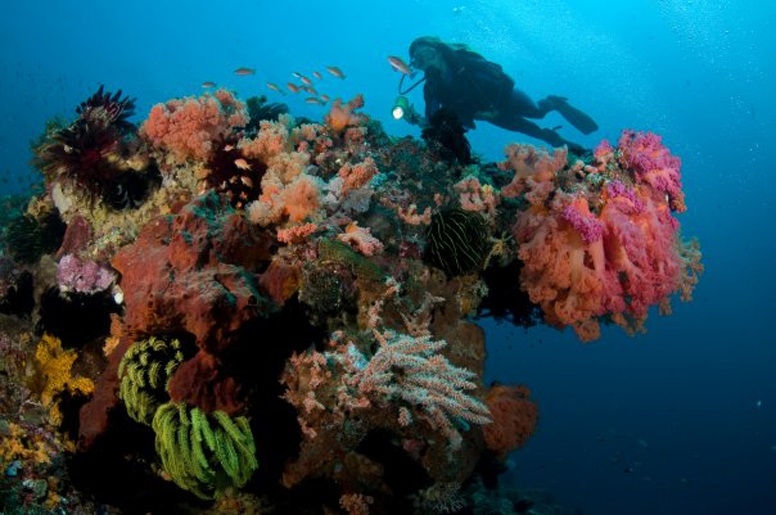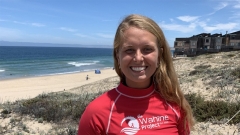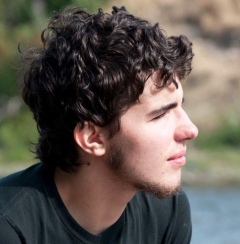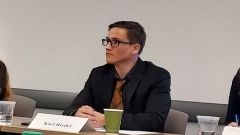Field Work: Madison Springfield Swam with a Whale Shark and Wants You to Know What Goes on Beneath the Waves
| by Stephen Diehl
The International Environmental Policy graduate spent her International Professional Service Semester at the Whale Shark and Oceanic Research Center in Honduras.




